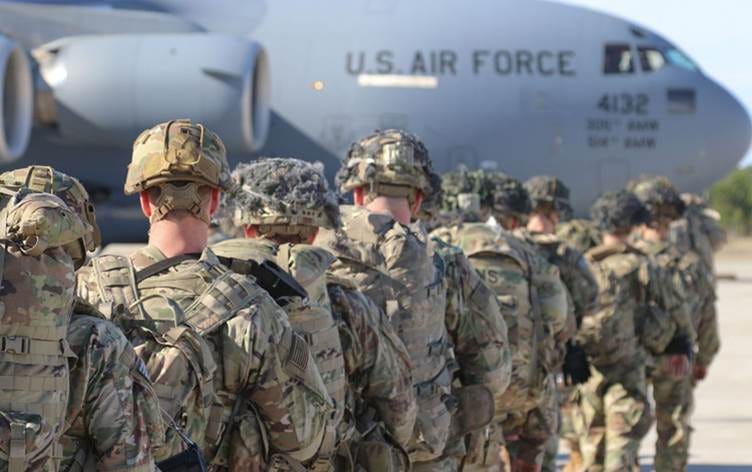Ambiguous Transition: Shia Elite Skeptical of U.S. Military Drawdown
Last week’s joint announcement between Iraq and the United States on transitioning the global coalition’s military mission has sparked skepticism among Iraq’s Shia elite, particularly regarding the vague details about the withdrawal of foreign troops from Iraq.
The statement outlines a gradual conclusion of the coalition’s military mission, with a focus on shifting to bilateral security partnerships, but it leaves unclear whether this will lead to a complete withdrawal of U.S. and coalition forces from Iraqi bases.
Here are the key points from the official statement:
First: Concluding the Coalition’s military mission in Iraq over the next twelve months, and no later than the end of September 2025, and transitioning to bilateral security partnerships in a manner that supports Iraqi forces and maintains pressure on Da’esh.
Second: As Iraq is a key member of the Coalition, and to prevent the return of Da’esh terrorist threat from northeast Syria, and subject to conditions on the ground and consultations among Iraq, the United States, and the members of the Coalition, the military mission of the Coalition operating in Syria from a platform determined in the HMC will continue until September 2026.
Third: The Higher Military Commission commits to formulate the procedures necessary to achieve what is stated in the paragraphs above, the timing, and mechanisms to implement them, including procedures to ensure the physical protection of Coalition advisors present in Iraq during the transitional period, consistent with the Iraqi constitution and laws. Practical steps to implement these commitments have started.
The ambiguous nature of the statement and lack of consultation with key Shia factions, such as Kataeb Hezbollah and the Coordination Framework, has heightened concerns, particularly amidst rising regional tensions involving Israel, Lebanon, and Iran.
Several dynamics are at play:


